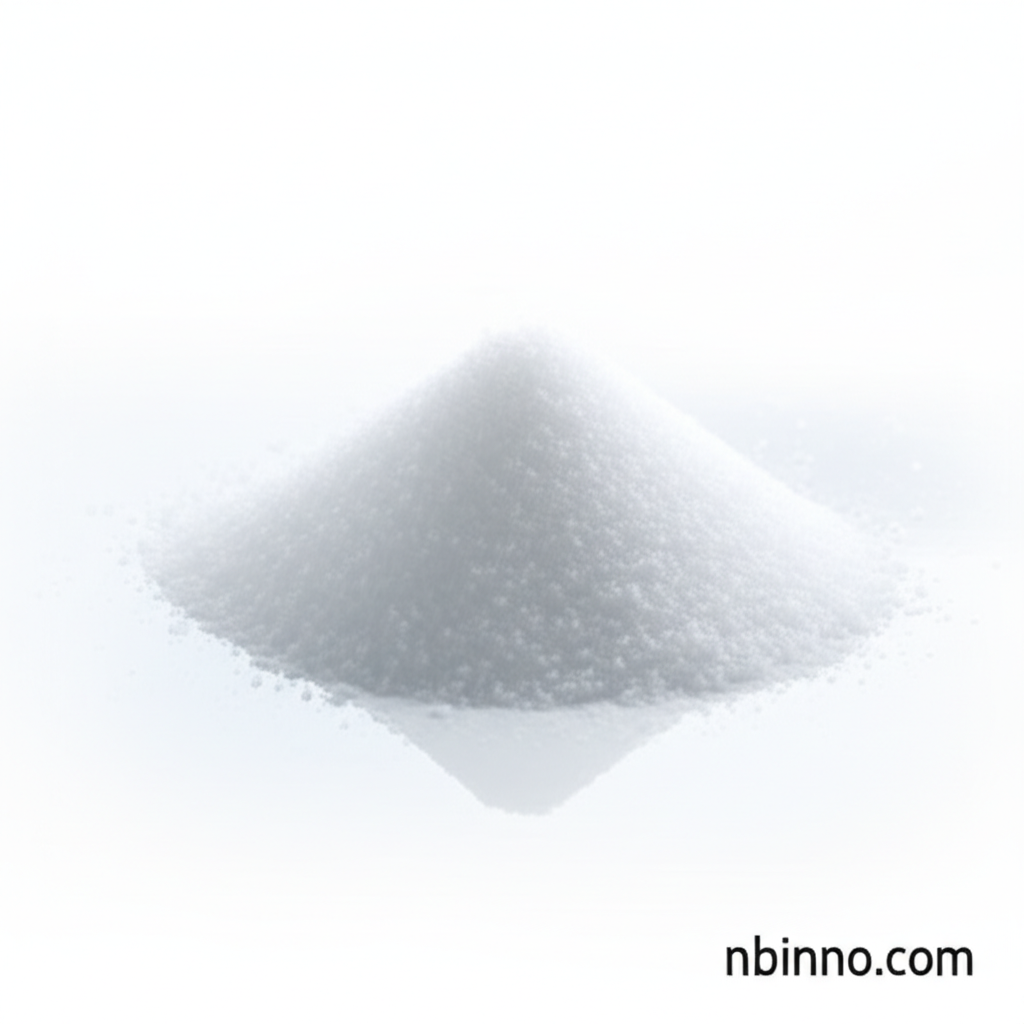N-Acetylcaprolactam: A Versatile Intermediate for Polymerization and Chemical Synthesis
Explore the essential properties and diverse applications of N-Acetylcaprolactam, a key compound in modern chemical industries.
Get a Quote & SampleProduct Core Value

N-Acetylcaprolactam
N-Acetylcaprolactam (CAS 1888-91-1) is a valuable chemical intermediate. Its primary role as an initiator in the anionic polymerization of caprolactam significantly influences the production of high-quality nylon 6. This compound is also utilized in various chemical synthesis applications.
- Detailed chemical properties including CAS 1888-91-1 are crucial for precise synthesis.
- Leveraging N-Acetylcaprolactam for ring-opening polymerization is key to efficient nylon 6 production.
- Sourcing high-purity N-Acetylcaprolactam ensures optimal performance in polymerization processes.
- Understanding N-Acetylcaprolactam chemical properties is vital for safe handling and storage.
Key Advantages Offered
Enhanced Polymerization Control
As a N-Acetylcaprolactam initiator, it offers precise control over the anionic polymerization of caprolactam, leading to polymers with desired molecular weights and properties.
Versatile Synthesis Intermediate
The unique structure of N-Acetylcaprolactam makes it a versatile building block for various chemical synthesis applications, enabling the creation of novel compounds.
High Purity and Consistency
Sourced from reliable N-Acetylcaprolactam suppliers, this product consistently meets high purity standards, crucial for sensitive chemical reactions and polymerizations.
Key Applications
Polymerization Initiation
N-Acetylcaprolactam serves as a primary initiator for the anionic polymerization of caprolactam, a foundational step in nylon 6 manufacturing.
Nylon 6 Production
Its role in the ring-opening polymerization of nylon 6 makes it indispensable for industries requiring this versatile polymer.
Organic Synthesis
As a valuable organic intermediate, N-Acetylcaprolactam is employed in diverse chemical synthesis applications, contributing to the development of new materials and compounds.
Research and Development
In R&D settings, N-Acetylcaprolactam is studied for its potential in novel polymerization techniques and as a precursor in advanced organic chemistry.
